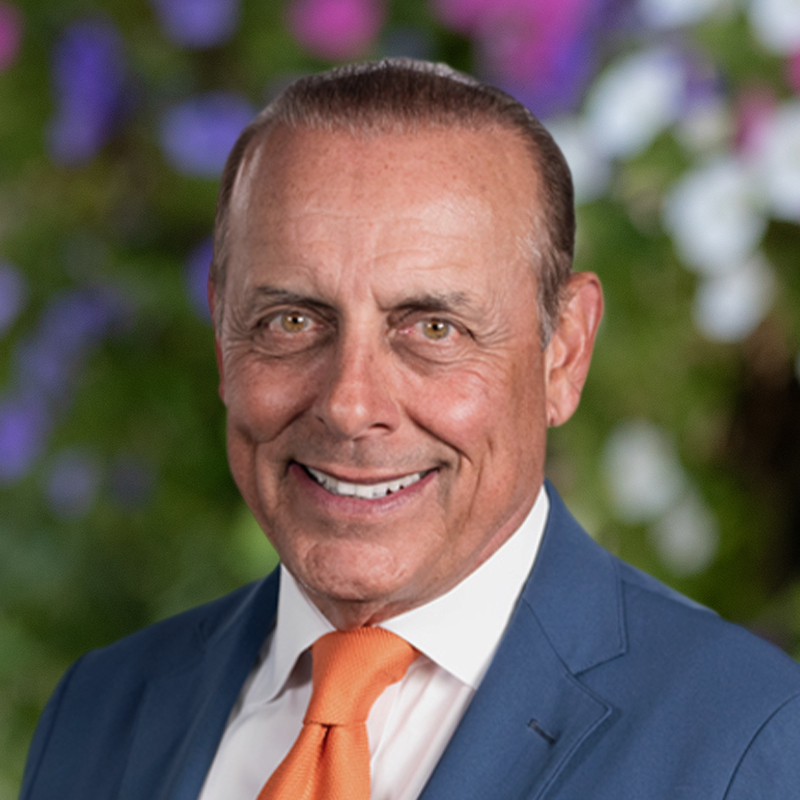The Frightening Truth Behind the Boeing 737 Max 8 Crashes
Shah Gilani|March 19, 2019
As if two new Boeing 737 Max 8 jets crashing and killing 346 people isn’t frightening enough, government investigations might reveal even more frightening news.
Like the fact that Boeing didn’t require pilots who were certified on 737s to get certified on the new Max 8 aircrafts.
Or like the fact that Boeing marketed the cost savings of the lack of these certifications as a positive.
These facts, and yes, they’re facts, not speculation, are just the tip of the iceberg that sank the Titanic, or rather, brought down the 737s.
Today, I’m going to tell you the real story of what happened, most of which has been kept from the public.
And, as a bonus, when Boeing flops, I’ll show you a way to play the airspace sector…
A New Old Plane and What Made It a Good Buy for Airlines
The Boeing Co. (NYSE:BA) introduced 737 in 1967. A perennial favorite of airlines around the world, the 737 has had twelve major updates. In 2017, Boeing launched the new 737 Max 8.
One thing that makes the Max 8 desirable, relative to its Airbus A320neo competition is the Neo, introduced in 2016, has a 194-passenger capacity and the Max 8 has capacity for 210 travelers, which makes a difference, especially to discount airlines.
Boeing says of the more than 370 Max 8 aircraft sold and in operation globally, they’re “the most fuel efficient, most capable airplane with the lowest operating costs in the single-aisle market.” That’s why Boeing’s sitting on orders for 4,500 more planes which they pump out at an astounding rate of 57 planes per month.
What makes the Max 8 less thirsty is being outfitted with bigger, more fuel-efficient engines than earlier 737s.
However, what may be a problem is the weight and positioning of those engines, higher up on its wings. The new placement shifted the plane’s center of gravity forward, increasing the potential for the nose of the plane to “pitch up” after takeoff.
If the nose of a plane pitches up too quickly or too steeply, it can cause the plane to stall.
To counteract that new risk, Boeing developed software known as the Maneuvering Characteristics Augmentation System, or MCAS.
It’s MCAS that appears to be the plane’s problem.
Flight recorders recovered from the crashed Lion Air jet that went down in the Java Sea on October 29, 2018, killing 189 passengers and crew, revealed the pilots were fighting MCAS that apparently had been fed incorrect data that the plane’s nose was pitching too high and in danger of causing the aircraft to stall.
The automatic system, in order to prevent stalling, pitches the plane’s nose down to pick up speed. What appears to have happened is the system kept overacting to bad sensor data and kept forcing the plane’s nose down – until it crashed.
Data from the recovered CVR (cockpit voice recorder) shows the pilots fighting the plane’s flight control systems pointing the nose down 30 times in the 11-minute flight. The plane’s co-pilot radioed in the problem 90 seconds into takeoff.
[URGENT] USE THIS SECRET TO MAKE $8,000 IN SECONDS
Too Similar to Not Be the Same Problem
Investigators now believe the Ethiopian Airlines crash, which killed 157 people, resulted from the same MCAS fault.
What’s shocking is MCAS faults may have been well known, and Boeing may not have alerted airlines early enough – or properly, or with critical enough warnings, or even at all.
The exact same plane that crashed into the Java Sea encountered the exact same problem on its previous flight.
The cockpit crew that flew the plane immediately before the plane crashed reported faults with MCAS “automatically trimming,” meaning adjusting the plane’s controls to pitch its nose down, multiple times in succession.
The pilot ended up turning off the system and trimmed the plane manually.
They did not make an emergency landing the pilot stated, because the “safety checklist didn’t call for an emergency landing,” and continued their flight to Jakarta. Once there, the crew filed what aviation experts called a “comprehensive” report of the incident.
Why that report or the incidences weren’t immediately circulated to all Lion Air’s pilots and crew is unknown.
What is known, though, is that Boeing didn’t require pilots previously certified on 737s to be certified on the new Max 8 aircraft.
In fact, frighteningly, Boeing marketed the cost savings of not having to have pilots certified on the new aircraft as a positive.
Sangeeta Suneja, the mother of Capt. Bhavye Suneja, captain of the crashed Lion Air jet, herself a senior commercial manager with Air India, told CNN that her son told her there was no updated training simulation session when Lion Air started using the new aircraft.
“They said it was not required… When the transition happened,” he told her.
“Mama, I’m going to fly the MAX,” he pronounced. Sangeeta said, “How can you do that (when) you don’t have (a) simulator session?” She told CNN he said, “We don’t need to.”
Full-blown investigations will reveal the truth.
[CRUCIAL] FOUR SIMPLE TRADES CAN MAKE YOU $4,238 RICHER
Both crashes, which occurred five months apart, are under investigation by the Indonesian and Ethiopian governments, with the assistance of the U.S. aviation regulators and Boeing.
The Ethiopian Minister of Transport said Sunday that preliminary data recovered from the black boxes showed “similarities” between the two incidents.
Which, while frightening, may not be as damning as learning the Justice Department was already investigating the Lion Air crash and Boeing was utilizing a fraud prosecutor from the Department’s criminal division.
It was an investigation by the Justice Department’s criminal division that brought charges in the Takata airbag safety recall investigation.
External and internal investigators are also looking into the Department of Transportation’s oversight of the Federal Aviation Administration (FAA), which may have had a too-cozy relationship with Boeing officials.
Investigators are probing details of the regulatory approval process of some of the commercial aircraft design features FAA officials approved on the 737 Max 8.
Boeing is in for a long battle to save its reputation and to secure recertification of the plane that the company is hanging its future on.
Investigators aren’t going to rush to conclusions when the stakes are so high.
That means 737 Max 8s could be grounded for a long time.
Airlines have already told Boeing they are going to seek compensation for lost revenue as a result of the groundings.
On top of that, buyers have already cancelled orders, and two airlines with planes on Boeing’s tarmac have refused to take delivery.
Boeing’s stock, which had been on a tear, is off almost 17% from the all-time highs it made at the beginning of this month.
Considering the stock rose 50% off its December 2018 lows to make all-time highs in less than a month, and is down only 17% from those highs, trading around $371, it may have lower to go.
Maybe back to $300, where it traded last November and again in December.
Eventually, the stock will recover. At least that’s what every analyst in the world is saying.
I’m just saying, if you’re going to take a flyer on Boeing, don’t jump in too soon.
Instead, shift your focus to the defense sector.
Russia, China, and the U.S. have been racing to the finish line of a global arms race, and they’ve invested billions of dollars into local defense companies, just look at America’s $717 billion defense budget.
I’ve done my research and called in my favors to figure out which tiny stock millions of dollars of the federal budget went to, and I’ve got my hands on the presentation a friend and colleague of mine put together based on years of this research. He’s letting me share it with you, and you could make enough money to pay off your mortgage with one simple play.
All you have to do is click here to view the presentation. So, while Boeing’s totally sidelined for right now, your profits can still soar.
Sincerely,
![]()
Shah

Shah Gilani
Shah Gilani is the Chief Investment Strategist of Manward Press. Shah is a sought-after market commentator… a former hedge fund manager… and a veteran of the Chicago Board of Options Exchange. He ran the futures and options division at the largest retail bank in Britain… and called the implosion of U.S. financial markets (AND the mega bull run that followed). Now at the helm of Manward, Shah is focused tightly on one goal: To do his part to make subscribers wealthier, happier and more free.

